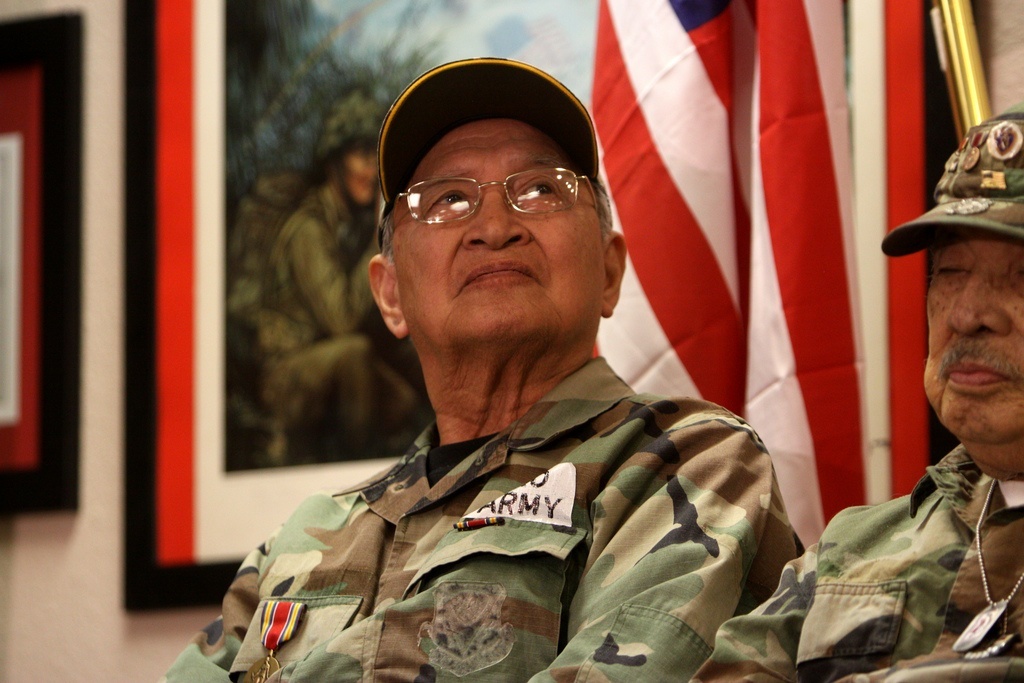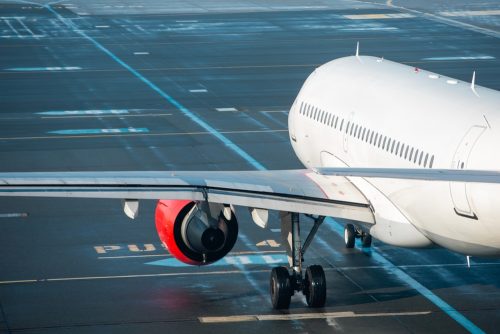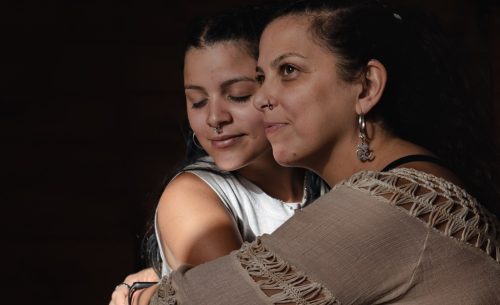Beginning June 8, 2016, through the Filipino World War II Veterans Parole (FWVP) executive action, Filipino-Americans who bravely fought for the United States during World War II will be allowed to request that their family members, with approved visa petitions, come to the United States and avoid further delay in long visa backlogs. This policy was first announced in July 2015 as part of the President’s executive actions on immigration.
During World War II, more than 260,000 Filipino soldiers enlisted to fight in the U.S. Armed Services. Of the 260,000 an estimate of 26,000 became U.S. citizens. As a U.S. citizen, one has the privilege to petition certain family members to come to live in the U.S. with an immigrant visa. However, only immediate relative-visa petitions of U.S. citizens (spouses, parents, and unmarried children under 21 years of age) are approved instantly, all other relatives must wait for a visa number to become available to immigrate. These visa numbers are regulated by law depending on the country of origin—for the Philippines, the wait for an immigrant visa can be longer than 20 years. This has forced Filipino Veterans to endure long separation periods from their families.
This new policy will potentially reunite an estimated of 2,000 to 6,000 Filipino Veterans with their family members. Reunification can provide a much-needed solution for many Filipino Veterans who are approaching their 80’s and 90’s and are in need of care.
To benefit from the FWVP policy the Filipino Veteran, or the surviving spouse, must be a U.S. citizen or a lawful permanent resident with an approved visa petition for his or her relative. Once these conditions are met, the Citizenship and Immigration Services (USCIS) will review each petition on a case-by-case basis.
The FWVP policy has been long-awaited and welcomed by many senators active in the Filipino community. Minority Leader Senator Harry Reid (D-NV) praised the announcement saying,
“Today is a victory for Filipino-American communities across the country. After facing decades of injustice and separation from their loved ones, courageous Filipino veterans in Nevada and throughout the country finally have the opportunity to reunite with their families. These brave veterans have made incredible sacrifices for our country, and I have spent years fighting to ensure that the United States does everything possible to repay that great debt.”
Senator Mazie Hirono (D-HI) also applauded the decision, saying:
“President Obama has taken an important action for Filipino WWII veterans who have been waiting patiently for decades to be reunited with their families. Filipino World War II veterans and their spouses, who are in their eighties or nineties, will finally be able to apply to bring their adult children to the United States.”
The President’s FWVP policy honors the services of Filipino Veterans and will reunite families who have waited in inordinately long visa back logs. It’s a small step, but a humane and necessary improvement in our immigration policy.
Photo by Gage Skidmore.
 The American Immigration Council is a non-profit, non-partisan organization.
The American Immigration Council is a non-profit, non-partisan organization. 


